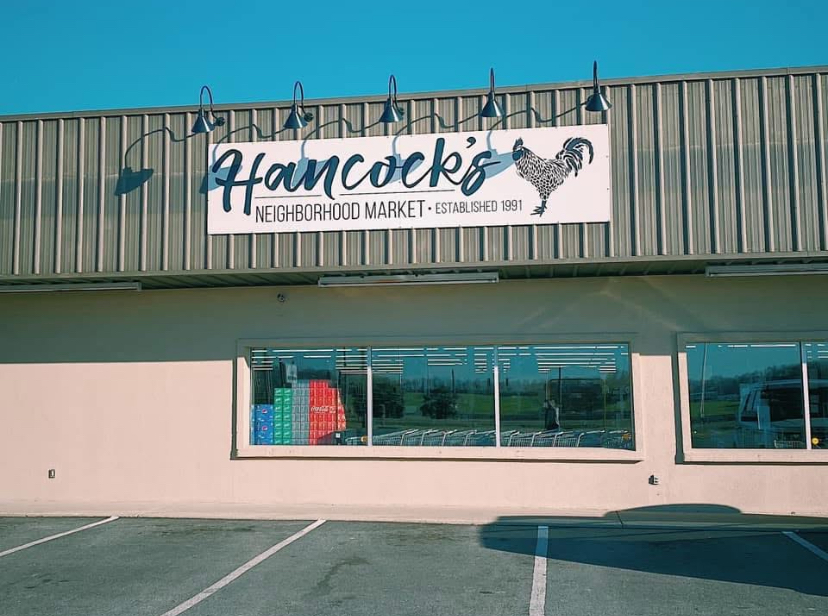
When approaching the egg shelves at a grocery store, you may think the employees have moved them; however, the U.S. is experiencing an egg shortage due to the recent bird flu breakouts. How much of an effect does that have on rural communities in the 270?
What is Avian Influenza (HPAI)?
HPAI stands for Highly Pathogenic Avian Influenza, also known as bird flu.
Jacqueline Jacob is an Ag Extension Project Manager with the University of Kentucky Extension office. She has been a part of numerous journal articles, abstracts, and conference proceedings specializing in poultry.
“There are many different strains of the virus, and they mutate on a regular basis,” said Jacob.
Most bird flu viruses are only seen from April to September, but the current strand (Claude 2.3.4.4b.) has been affecting poultry year-round. The disease is spread globally by waterfowl through flyways, which are flight paths used by large groups of birds during migration. There are four major flyways across the U.S.: the Atlantic Flyway, Mississippi Flyway, Central Flyway and the Pacific Flyway. Western Kentucky falls into the Mississippi Flyway. Birds meet and mingle, spreading the disease throughout the regions.
“There has been some speculation that flocks that are infected with HPAI virus do have some health issues and delay migration times. With flocks migrating at different times [it spreads] out the contamination over time,” Jacob said.
Data from the U.S. Department of Agriculture confirmed that in the last 30 days 23.51 million birds have been infected with the bird flu. With no cure for poultry, any infected birds are culled to prevent the spread of the disease.
The effects on local grocery stores and poultry farmers

Hancock’s Neighborhood Market is a family-owned grocery store in Cadiz, Kentucky. Mallory Lawrence is the owner of Hancock’s, and she explains how easy it is for the bird flu to spread.
“A bird can drop something on my parking lot, we can walk through it, if we go just to the chicken farm and we walk to the door of the chicken house and then someone else walks behind us and steps in our footstep and goes into that chicken house, thats how easily it’s transmitted from bird to bird.”
While bigger corporations, like Kroger, are imposing buy limits on eggs, Lawrence has not.
“Because of the relationship my grocery supplier has with their egg supplier we have not had that issue, so I have not had to limit, I have not been out.”
She stays in contact with her supplier to ensure that Hancocks always has eggs on their shelves. Data from the U.S. Bureau of Labor Statistics show egg prices have almost doubled since January 2024, when the average egg price was $2.50. While they are not experiencing a shortage like other stores, the price is still going up and is not expected to come down significantly within the year.
“From the USDA, that eggs are probably going to be, could rise has much as a little over 20% and there is going to be an issue for the rest of this year.”
In case of an egg shortage, Lawrence already has a plan.
“We buy from different companies, we buy from food service companies. So, you know what I did back during Covid when we had a bread shortage is I bought bread from food service people…a lot of it wasn’t retail packed, but I was able to have bread on the shelves. So what I would do is go to my food service companies and see if I could buy eggs from them.”
Lawrence said Hancock’s is determined to supply great food to their communities and so are local farmers, like Jenny Clark. Clark is the owner of Urban Paradise Produce, a family-owned farm in Princeton, Kentucky, and has said she has seen an increase in buyers since the egg shortage.
They are taking precautions on their farm to prevent their chickens from contracting the bird flu, including keeping a clean pen and thoroughly cleaning shoes before entering the coop.
Clark said the benefits of shopping locally are fresher products with their eggs only being a day old when sold versus corporate stores whose eggs can be three to four weeks old.
As the bird flu continues to evolve, we may see further impacts on rural communities, like increased numbers of bird flu in other mammals. When buying eggs, be mindful of the shortage and only get what you need.
For more information on HPAI visit, https://www.aphis.usda.gov/livestock-poultry-disease/avian/avian-influenza



